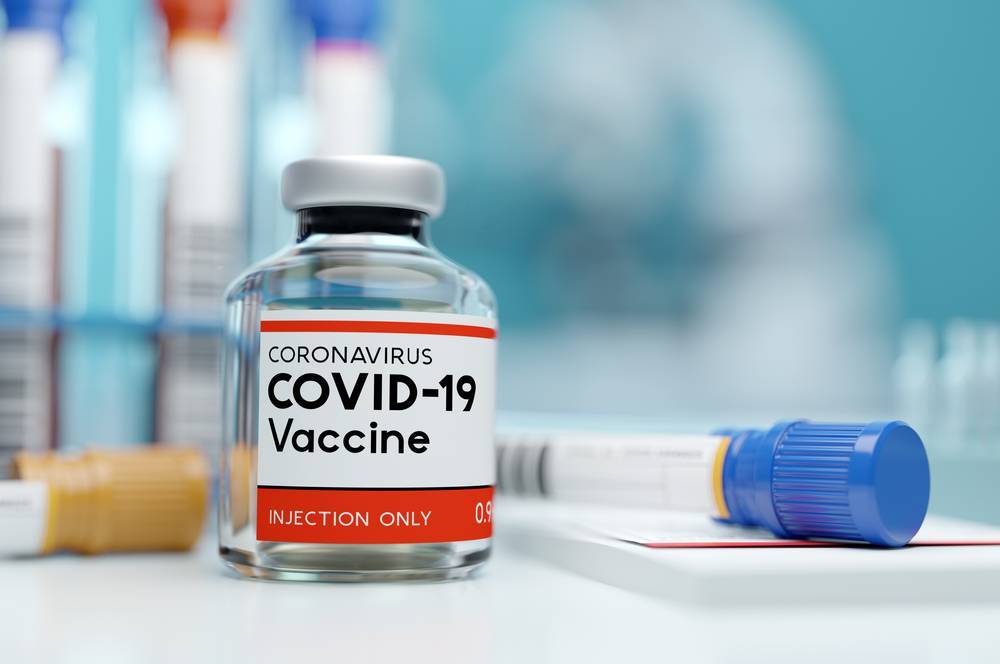Human trials, limited vaccine success, media influences, and the government – these factors in determining trust, have resulted in a disputable array of neglect and concern surrounding the COVID-19 vaccine. Because of this, Medical Channel Asia sought to, and had the privilege to conduct a poll on those that recently took the COVID-19 vaccine.
Medical Channel Asia’s data coalition is strictly based upon the bandwidth of 56 respondents, and with the acknowledgement of these 56 respondents comprising largely of those considered “frontliners”, this poll shall be of significance to the further identification and validation of constraints revolving around the topic of COVID-19’s vaccine perception, acceptance, and tagged conspiracies.
Demographics of the respondents
Some of the fixed data points to take note of:
- Age range 21-70
- 57.1% (32) female to 42.9% (24) male
- Ease of vaccination process (poll does not extend to clinical operations’ findings)
- How painful the injection was (poll does not consider each respondents’ pain tolerance)
The poll also takes into consideration the scientific indifference of sex. The results revealed that out of all females, none were pregnant and/or breast feeding. Therefore, the results did not reflect any findings relating to the COVID-19 vaccine on pregnant women.
Again, we’d like to emphasise that these respondents’ backgrounds reside within different professions, but largely under the roof of the healthcare industry. 28.6% of respondents were doctors themselves, while another 28.6% consisted of both nurses and pharmacists. The remaining were the allied health professionals (e.g. physiotherapists), healthcare / quarantine facility staff, and even those from the hospitality and tourism industry.
What the respondents felt about the vaccine
Now comes the interesting part. The push data for vaccination eligibility had an adverse effect on data pulled. This means out of the respondents acknowledging their reality of feelings toward vaccination eligibility, most respondents felt positive about it.
In fact, 79% of the respondents felt glad and happy, whilst the remainder comprised mixed feelings, scepticism, relief, uncertainty, and apprehension with excitement. Even though there is limited data on the effects of the COVID-19 vaccine, the results prove that most respondents were still open to the idea of getting the COVID-19 vaccine. The reasons why these respondents took the COVID19 vaccine, is what we looked at next.
A staggering 55.4% and 60.7% of respondents respectively believed the vaccine works, and is safe, while 69.6% took the vaccine to protect their loved ones. The results also suggested people are in need of travel breaks as 58.9% of respondents took the vaccine in hopes of traveling. A last takeaway would be the trust placed in the Singapore Government: 36% of respondents placed trust in the government as the vaccine was recommended by them.
Generally, people are open to, or have taken a vaccine themselves. This is often the pneumococcal or seasonal flu vaccine. The results confirmed this with 83.9% of all respondents having voluntarily taken vaccines prior to the COVID19 vaccine.
What the respondents experienced after the vaccine
In recent cases, there have been reports of severe side effects from the COVID19 vaccine, most of which were anaphylactic reactions.
Thus, the direction of study we took also focused on 2 important things:
- Did the respondents have any pre-existing medical conditions
- Were they any side effects? (Inclusive of low to high-risk allergies)
- The severity of these side effects
- How long were the side effects, did it involve you seeing a doctor and taking medications
Of the total respondents, 74.5% had no pre-existing medical conditions while the remaining 25.5% had chronic lifestyle diseases (e.g. high blood pressure, high cholesterol) and other conditions such as asthma, gout, and hepatitis B. Note that this segment doesn’t take into consideration the percentage of people who had existing medical conditions and suffered from side effects. These results are only indicative and concluded via per question basis.
As we all know, due to the lack of data and precise information about the macro reactions and reliability of the vaccine to different people, it is found that the biggest persuasion obstacle and concern in the likelihood of taking the vaccine, is the fear of side effects and its uncertainty. In fact, results also prove this point to be just.
Over 70% of the respondents had indeed gotten side effects with low to medium in severity after taking the vaccine. These include injection site swelling, redness, sore throat, migraines, nausea, and fatigue. But, over 80% experienced these side effects for a mere 1 to 2 days and none visited a doctor for further management of it. This suggests, and reinforces, that one should always be taking a risk assessed, cautious, and scientific approach to vaccination.
We thank everyone who has participated in this informal survey. In the meantime, stay safe and updated with the latest news on COVID-19 from your local news station as well as Medical Channel Asia by following our page and socials.

